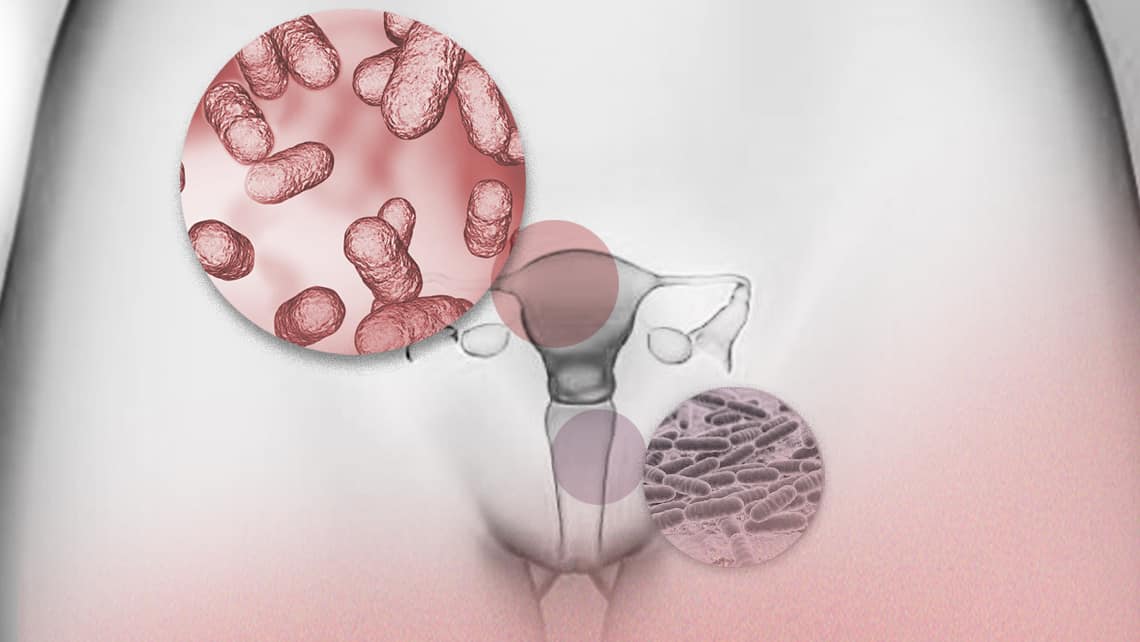Journal of Clinical Medicine publishes an Instituto Bernabeu study on the impact of vaginal and endometrial microbiota on assisted reproduction treatments.
06-10-2021

The international scientific publication Journal of Clinical Medicine-MDPI has published an Instituto Bernabeu study on the vaginal and endometrial microbiota impact in assisted reproduction treatments results.
The paper: Impact of the Vaginal and Endometrial Microbiome Pattern on Assisted Reproduction, developed by a multidisciplinary research team, has studied the role that the vaginal and uterine microbiota may have on reproductive health and disease. The aim was to describe and compare the vaginal and endometrial microbiome patterns between women who became pregnant and those who did not after in vitro fertilisation (IVF). At the same time, the vaginal and endometrial microbiome patterns were compared between women with and without a history of implantation failure and recurrent miscarriage (RIF).
This is a prospective pilot cohort study involving 48 women who underwent in vitro fertilisation at the clinic between May 2017 and May 2019.
In their research, the common pattern found was that patients who achieved clinical pregnancy had a higher abundance of Lactobacillus spp. in their vaginal samples — lactic acid producers that maintain the acidic pH of the vagina and act as a barrier against pathogens.
Differences have also been found between the endometrial microbiome of women who have implantation failure and those who do not.
Impact of the Vaginal and Endometrial Microbiome Pattern on Assisted Reproduction
MC. Díaz‐Martínez, A. Bernabeu, B. Lledó, C. Carratalá‐Munuera, JA. Quesada, FM. Lozano, V. Ruiz, R. Morales, J. Ll. Aparicio, J. Ten, JC. Castillo, A. Rodríguez, R. Nouni‐García, A. López‐Pineda, B. Moliner, R. Bernabeu
